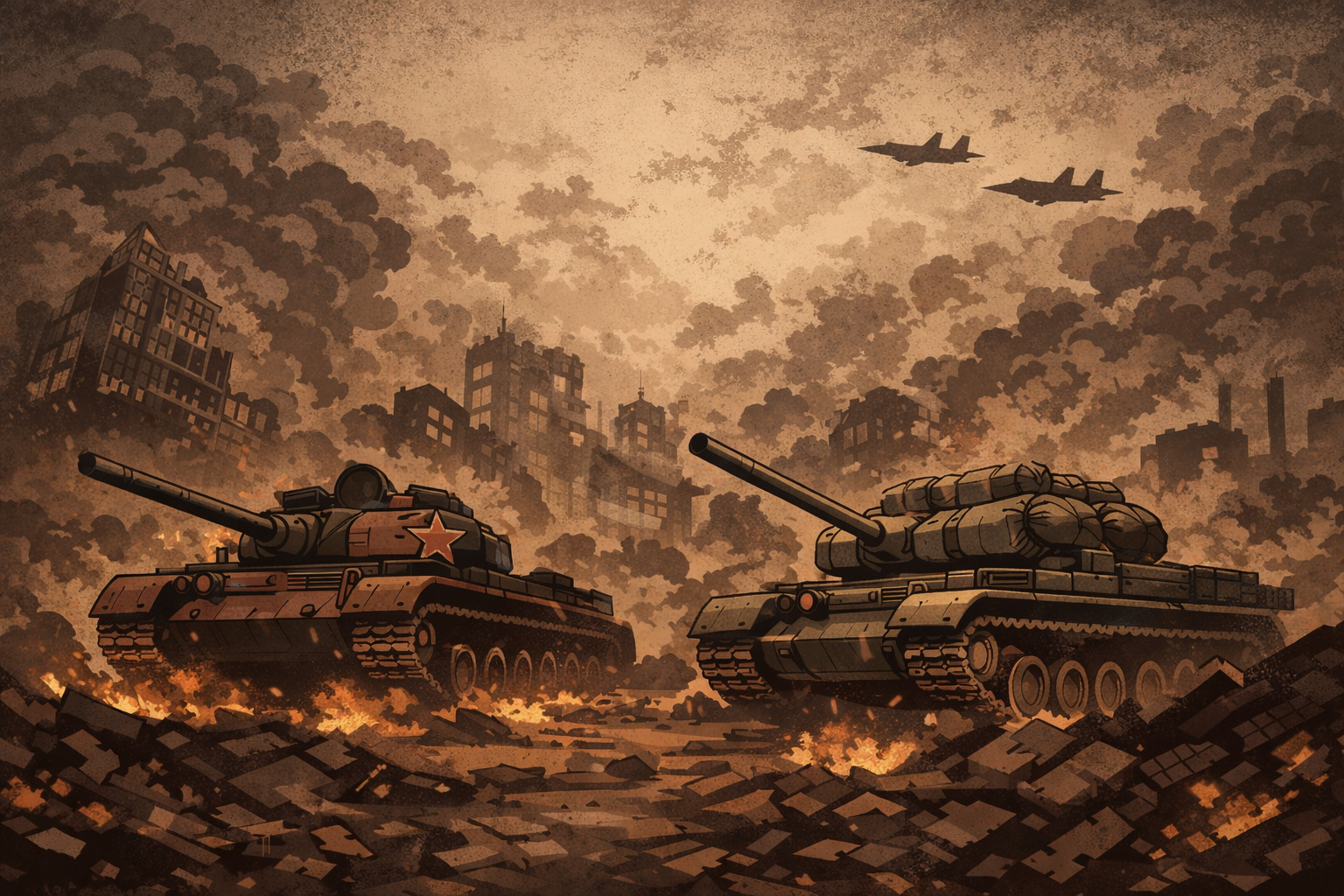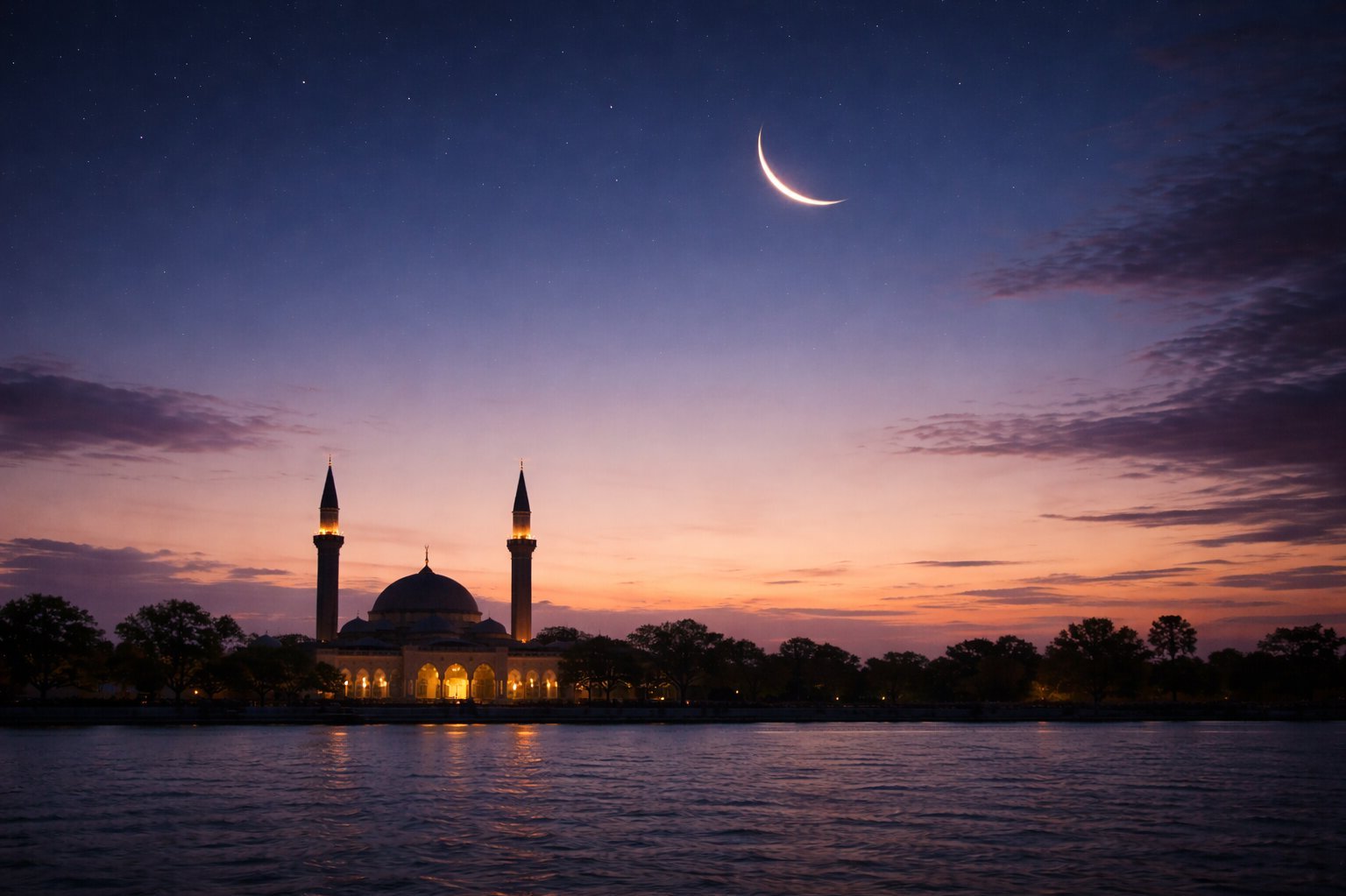In a world where noble cause corruption is the norm, where the end justifies the means, the Islamic philosophy of justice stands out as a steadfast guardian of human rights.
HUSAM AHMED SHAFEEQ
OCTOBER 25, 2023
Is all fair in love and war? With estimates of human conflicts having claimed around a billion lives throughout human history, it seems that man has always gone by the rule that no rule of fair play is applicable on the battlefield. That is to say, values of justice, fairness and equity cease to retain any relevance once war commences. Beyond that point, any conduct is considered absolutely free of moral liabilities, with reasons leading to war also offering justification for atrocities committed during the battle.
But the fact is, some values transcend contexts.
It is often argued, and quite erroneously so, that the sole objective of war is to win it, notwithstanding the means employed. The problem with this theory is that it covertly acknowledges anarchy as an inevitable concomitant of war, hence rationalising any course of action adopted in the pursuit of victory. However, in reality, there are certain principles that need to be upheld at all costs regardless of the circumstances, as their breach would bring about the most horrendous of outcomes.
The ongoing conflict between Hamas and Israel, which has sadly claimed thousands of innocent lives, serves as a telling reminder of this very fact.
Accordingly, it becomes imperative in the current context to underscore the paramount importance of maintaining ethics during conflicts, where the overwhelming intensity of emotions is likely to paralyse man’s moral faculties and incapacitate his regard for consequences.
Lives reduced to statistics
The most tragic outcome of wars is also the most frequent – the loss of innocent lives.
Undoubtedly, the most prominent doctrine codified within the contemporary laws of warfare is the Principle of Distinction, which differentiates non-combatants from combatants, seeking to protect those who do not participate in hostilities. Unfortunately, this crucial principle is also the farthest from achieving practical realisation.
Historical estimates reveal that around 60 percent of casualties during the two World Wars were civilians[1], and half of all deaths caused by wars involved civilian population[2], making it painfully evident that in the wake of armed conflicts, human lives are often reduced to numbers and statistics.
In the face of this grim reality, Islam imparts the most valuable lesson that serves to revive our numbed sensibilities. The Holy Quran unequivocally declares the loss of one innocent life as bearing the weight that equals the loss of all humanity[3]. In a world where noble cause corruption is the norm, where the end justifies the means, and where transgression is excused in the name of the supposed nobility of the goal, this profound reminder stands out as a steadfast guardian of human rights.
However, Islam does not limit its guidance to mere ethical principles. Continuing in the same vein, the Quran stipulates strict guidelines to safeguard the lives of those who do not take part in fighting, as it commands:
“And fight in the cause of Allah against those who fight against you, but do not transgress. Surely, Allah loves not the transgressors.”[4]
The message is clear: when taking up arms becomes warranted, fighting should be categorically limited to those engaged in hostilities and pose a direct threat. Under no circumstances should the non-combatant population become a target of military attacks.
In line with these teachings, the Holy Prophetsa forbade the killing of women and children during wars[5], leaving absolutely no room for justifying the murder of innocent civilians.
The pretext of transgression
Being a victim of wrongdoing can urge one to retaliate wrongfully, and in most cases, this happens at the expense of innocent lives. This is the reason that Islam strongly repudiates unjust retribution even when one has been at the receiving end of injustice. The Holy Quran says:
“O ye who believe! be steadfast in the cause of Allah, bearing witness in equity; and let not a people’s enmity incite you to act otherwise than with justice. Be always just, that is nearer to righteousness.”[6]
Responding to the current strife between Hamas and Israel, the Worldwide Head and the Caliph of the Ahmadiyya Muslim Community, Hazrat Mirza Masroor Ahmadaba, emphasised the importance of upholding this very principle. His Holiness said:
“The world is saying – and it has some truth to it – that Hamas initiated this war and killed Israeli civilians indiscriminately. Leaving aside the fact that the Israeli army has been killing innocent Palestinians prior to this, Muslims should always act according to Islamic teachings. Israel is responsible for whatever its army has done, and there are many different ways of reaching a resolution. If there is a legitimate war, then it can take place against the army, but not against women, children and the innocent.”[7]
The rule is as unequivocal as it is inviolable: military actions should be directed exclusively towards combatants. Disregarding this indisputable principle will only result in further humanitarian catastrophe. His Holiness says:
“What the Israeli army is doing now is extremely dangerous, and it seems this will not stop. The number of lives of women and children that will be lost cannot be imagined.”[8]
Further commenting on the issue a week later, His Holiness said:
“Now, some journalists in the west, or even in America have written in their newspapers, that there should be a limit to revenge. Furthermore, America and other western countries should play their parts in [preventing] the Israel-Hamas War, and try to reconcile or reach a ceasefire. But the authors also write that it seems that, instead of stopping this war, they are hellbent on fanning the flames.
“Just the same, it was in the news in America yesterday that one of the top foreign ministers handed in his resignation saying we have crossed the limits, injustice is being done to the innocent people of Palestine, and the world powers should pay heed to this matter.”[9]
In a global context where the horrors of war continue to exact a devastating toll on human lives, it is of utmost significance that the world recognises the virtue of Islamic principles that emphasise the observance of justice without fail. This alone is the sole guarantor of peace.
The ultimate victory
It is true what they say. A war is never won, at least not until it respects humanitarian principles and recognises the intrinsic value of human lives. Unfortunately, the reality of modern warfare reveals an entirely different picture where, in the pursuit of victory, the sanctity of life is given the slightest regard.
It should never be forgotten that war, by its very nature, is the exception, not the rule, that should always be resorted to as the last alternative. As such, the sole objective of wars should be to end injustices, not perpetrate hostilities.
The current Hamas-Israel conflict serves as a stark reminder of the need to adhere to these ethical guidelines and to strive for a more just and compassionate world so we can hope to move closer to a future where the adage ‘might is right’ is replaced by one that champions humanity.













0 Comments